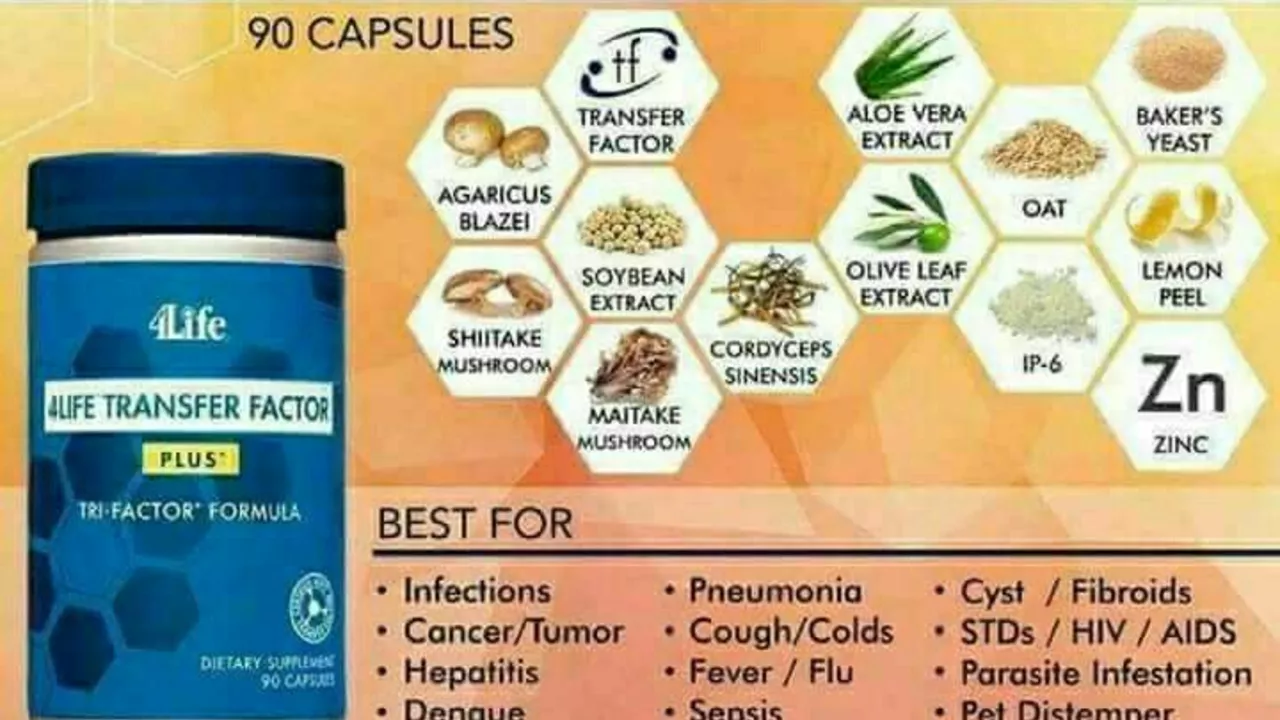Immunity Boost: Real Ways to Strengthen Your Defenses
You can't flip a switch and make your immune system invincible. But small, consistent changes—plus a few evidence-backed supplements—do give your body a better chance to fight infections. This page shows simple actions, safe supplement choices, and when to talk to a doctor.
Proven daily habits
Sleep matters. Aim for 7–9 hours most nights. Poor sleep lowers immune response and makes vaccines less effective.
Eat real food. Focus on vegetables, lean protein, whole grains, and healthy fats. Protein supplies building blocks for immune cells; vitamin-rich veggies supply antioxidants that reduce cell stress.
Move regularly. Moderate exercise—30 minutes most days—improves circulation and immune surveillance. Avoid intense training if you're sick or recovering.
Manage stress. Chronic stress raises inflammation and weakens immune reactions. Try short breathing breaks, a walk, or 10 minutes of focused relaxation daily.
Limit alcohol and quit smoking. Both harm immune function. Even cutting back on heavy drinking shows benefits within weeks.
Practice good hygiene and keep vaccinations up to date. Handwashing, staying home when contagious, and following vaccine advice protect you and people around you.
Supplements that can help (and how to use them)
Supplements aren’t magic, but some are useful when diet or exposure is a problem. Here are practical choices with dosing you can discuss with your clinician:
Vitamin D: Many people are low, especially in winter. A common maintenance dose is 1,000–2,000 IU daily. If you have risk factors or very low levels, ask for a blood test—doctors may recommend higher loading doses.
Vitamin C: 500–1,000 mg daily supports antioxidant defense. Short-term higher dosing (up to 2,000 mg) is often used during colds but may cause stomach upset.
Zinc: 15–25 mg daily is fine for short periods. For colds, zinc lozenges started within 24 hours reduce symptom length. Long-term high doses can cause copper deficiency—don’t overdo it.
Probiotics: Look for at least 1–10 billion CFU from strains with clinical evidence (Lactobacillus, Bifidobacterium). They help gut health, which supports immune communication.
On this site you’ll find reviews of natural options like Oregon Fir Balsam, reed herb, Tylophora, and Jalap. These have interesting traditional uses and some early research, but evidence varies. Treat them like adjuncts, not replacements for vaccines or prescribed meds.
If you take immune-suppressing drugs, have autoimmune disease, are pregnant, or are on multiple medications, talk to your doctor before starting supplements. Some supplements interact with medicines like blood thinners or immunotherapies.
Want practical product choices or more detail? Check the tag articles linked below—for example, our guides on natural supplements and specific ingredients explain what studies show and what doses were used. Start with one change, track how you feel, and build from there.
Transfer Factor: The Miracle Molecule for a Stronger Immune System
In my recent research, I've come across an amazing discovery known as Transfer Factor, often referred to as a 'miracle molecule'. This naturally occurring compound is believed to significantly bolster our immune system, providing us with increased defense against diseases. It works by transferring immunity information from one entity to another, hence the name. The health implications of this are immense and could revolutionize how we approach immune health. Personally, I find it incredibly exciting and can't wait to see how this field develops.
